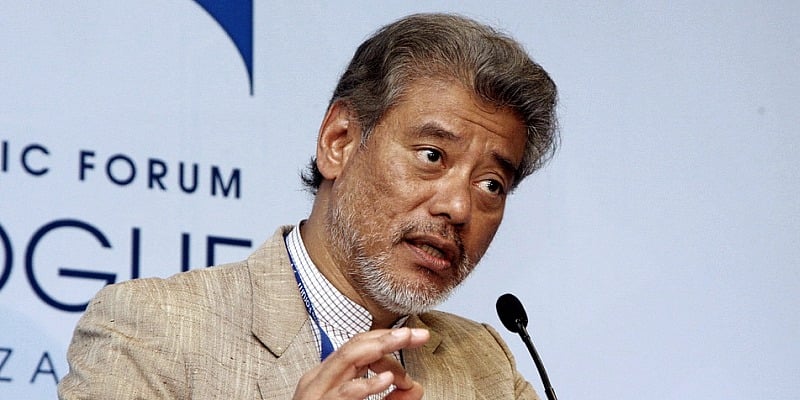
Net zero emissions by 2050 prioritise mitigation for climate stabilisation.
Pledges to achieve this still distant target have grown but inadvertently delay urgently needed climate action in the near term.
Net zero
The 1992 United Nations Framework Convention on Climate Change (UNFCCC) committed to “the stabilisation of greenhouse gas [GHG] concentrations in the atmosphere at a level that would prevent dangerous anthropogenic [or human-caused] interference with the climate system”.
Consequently, climate negotiations are supposed to focus on stepping up mitigation efforts. But thus bringing the target forward will not prevent global temperatures from rising 1.5 °C above pre-industrial levels well before 2050.
Since the 2021 UNFCCC Conference of Parties (COP) in Glasgow, many governments have promised to achieve net zero emissions by 2050 touted as achieving climate stabilisation.
After reneging on various other Glasgow commitments, such as ending coal burning for energy, G7 Western leaders piously reiterated the ‘Net zero by 2050’ promise in April 2024.
The Net Zero target seeks to end further GHG emissions accumulation by mid-century.
Thus, Net Zero requires cutting GHG emissions and accumulation well before the century’s ending 2100, the previous target year.
Worse, the agreement allows notable exemptions which are hardly trivial. GHG emissions calculations exclude exemptions, e.g., for military purposes, air and marine transportation.
The US alone accounts for a trillion dollars, or two-fifths of world military spending of around 2.5 trillion dollars yearly.
Meanwhile, invoking the ‘common but differentiated responsibilities’ (CBDR) principle, some developing countries have bargained for more time, e.g., India has announced a 2070 deadline.
Pledges to achieve net zero emissions by 2050 have grown but inadvertently delay urgently needed climate action in the near term.
Nice slogan, but inadequate
The Intergovernmental Panel on Climate Change (IPCC) Special Report on keeping warming under 1.5 °C was used to advocate for the net zero by 2050 target.
Net zero by 2050 offers an attractively simple target for climate stabilisation.
If fully enforced, net zero should stabilise the climate from 2050, but will certainly not check global warming in time.
As politicians, government leaders have been more willing to make pledges far off into the future.
After all, the year 2050 was almost three decades after the Glasgow COP in 2021.
Net zero had first appeared at the UNFCCC’s 2014 Emissions Gap Report and at the UNFCCC COP then.
World Bank President Jim Kim proclaimed then, “we must achieve zero net emissions of greenhouse gases before 2100”.
The 2015 Paris Agreement committed to “undertake rapid [emissions] reductions … to achieve a balance between anthropogenic emissions by sources and removal by sinks of greenhouse gases in the second half of this century”.
Hence, the new 2050 target year is a significant improvement over earlier target years, but will not urgently cut GHG emissions in time to avoid breaching the 1.5 °C threshold.
(Jomo Kwame Sundaram was an economics professor and United Nations Assistant Secretary-General for Economic Development.)
ADVERTISEMENT
ADVERTISEMENT







































